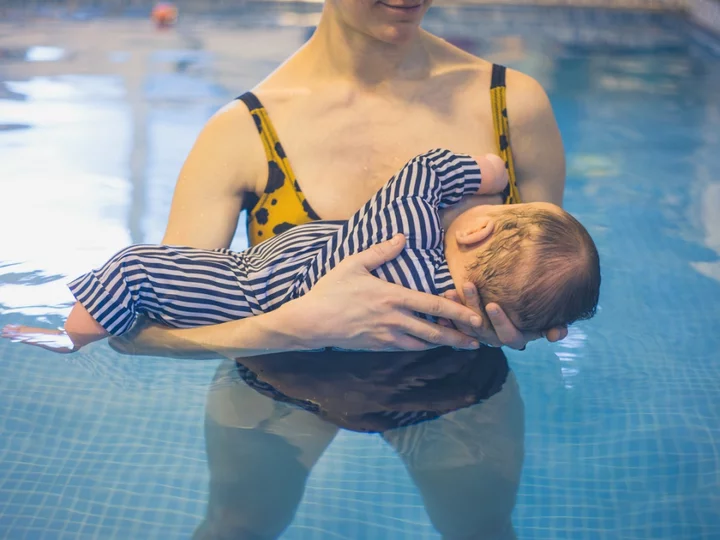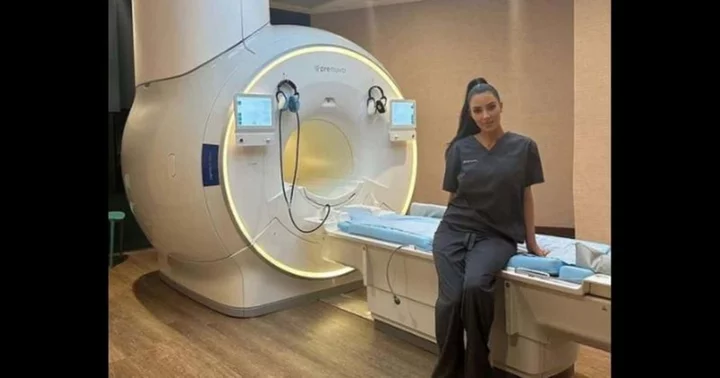LOS ANGELES, CALIFORNIA: Danny Bonaduce is "doing well" as he recovers from brain surgery following a diagnosis of hydrocephalus earlier this year. Bonaduce, 63, was a beloved part of 'The Partridge Family' before going on to reality programs like 'Breaking Bonaduce'. He currently presents 'The Danny Bonaduce & Sarah Morning Show' on iHeart Radio.
Last year, Bonaduce revealed he was suffering from an unknown ailment that had impacted his speech and movement. He was ultimately given a probable diagnosis and scheduled for surgery in June. Bonaduce's health problems started last year. After his wife Amy Railsback realized his speech was slurred, the longtime Seattle radio program host sought a medical leave of absence to figure out what was wrong with his body. After the surgery, his wife shared a crucial update about Bonaduce's health.
She tweeted, "To sum it up: Danny was experiencing symptoms one of which was issues w/ balance, causing difficulties walking. He was diagnosed w/ hydrocephalus & had surgery to correct. It's only been 3 weeks - his walking is better, he's back on the air, and doing well." On June 16, Amy shared a photo of Danny "out and about" at a restaurant. On June 6, she wrote, "It's been a long day but I just wanted to let you guys know that Danny's surgery went according to plan and he's doing well."
'You're not speaking English'
Bonaduce told 'Good Morning America' in June 2022 about his dreadful experince when he first came to know about his diagnosis. He said, "I couldn't walk at all. I couldn't do anything like that. She looked really nervous. And she said, 'You're not saying words, you're not speaking English,' which of course is preposterous to me."
He added at the time, "I couldn't keep my balance. I slurred really badly. I was afraid of everything. I was afraid of my stairs for God's sake – I was hoping for a diagnosis but did not get one."
What is NPH?
Patients with normal pressure hydrocephalus (NPH), which is believed to affect about one million people in the United States, exhibit symptoms such as gait problems, urine incontinence, and dementia, as reported by NCBI. Due to the illness's chronic nature and ambiguous presenting symptoms, patients are frequently misdiagnosed with Parkinson's or Alzheimer's disease, vascular dementia, or even normal aging. Some NPH patients have a history of brain bleeding, trauma, or infection of the brain. In some cases, no discernible reason is discovered.









